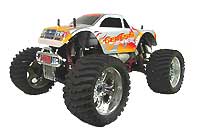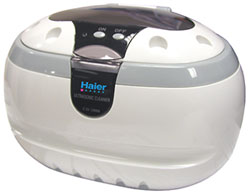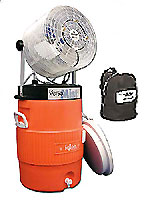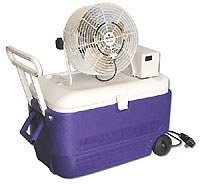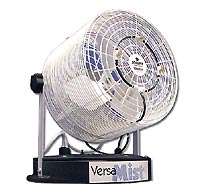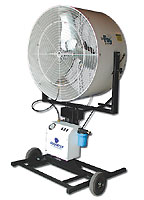Inversion Tables and Back Stretching: Better Ways to Treat Back Pain
Recently the Wall Street Journal published an article regarding the current trend in treating back pain. Persistent back pain can be a chronic issue for persons over the age of fifty, and that 30 million Americans regularly suffer from back pain. The number is expected to grow as the U.S. population ages and face degenerative diseases such as osteoarthritis. Back pain ranks second behind the common cold for physician visits and accounts for 25% of all worker’s compensation claims. The article indicated that the current patient treatment includes excessive x-ray and CT scans and radical spinal surgeries to fuse vertebrae in the lumbar region, costing the health care system more than $90 billion annually. Moreover, many of the CT and X-rays are unnecessary and the back lumbar fusion surgeries can take up to a full year for recovery. Over treatment of back pain can lead to expensive and dangerous care than leaves patients in worse shape.
Now several medical experts are touting a more conservative approach: continued stretching, strengthening and flexibility exercises along with pain medication, if needed. Described as the new Back Pain Recognition Program, the goal is to reduce the number of scans and expensive treatments and adopt treatments that are proven to work. For many patients, the most effective treatment for back pain is much less invasive. Acute back pain usually subsides in four to six weeks with pain management, minimal bed rest, and a return to physical activity. Studies also showed than prolonged bed rest and limited physical stretching activity is not helpful. The highlights of the new plan include:
- Stop Smoking: Smokers with back pain have more sever symptoms.
- Maintain normal activity and avoid bed rest: Bed rest can lead to health problems such as joint stiffness, muscle wasting, and pressure sores.
- Use X-rays and CT scans only when appropriate: Program considers scans unnecessary in the first six weeks after the onset of pain unless indications of a more serious disorder is apparent.
- Use epidural steroid injections only when necessary: injections may be unnecessary unless symptoms include radiating pain such as sciatica, or herniated disc.
- Hold off on surgery: Half of patients with radiating low back pain recover spontaneously.
Comfortchannel.com has a wide selection of inversion tables and back stretching devices that fit into the new program from the National Committee of Quality Assurance. Physical activity that provides for back stretching and flexibility gains are very important to back pain treatment. Inversion therapy and back stretching therapy are part of the right care for aching backs.


